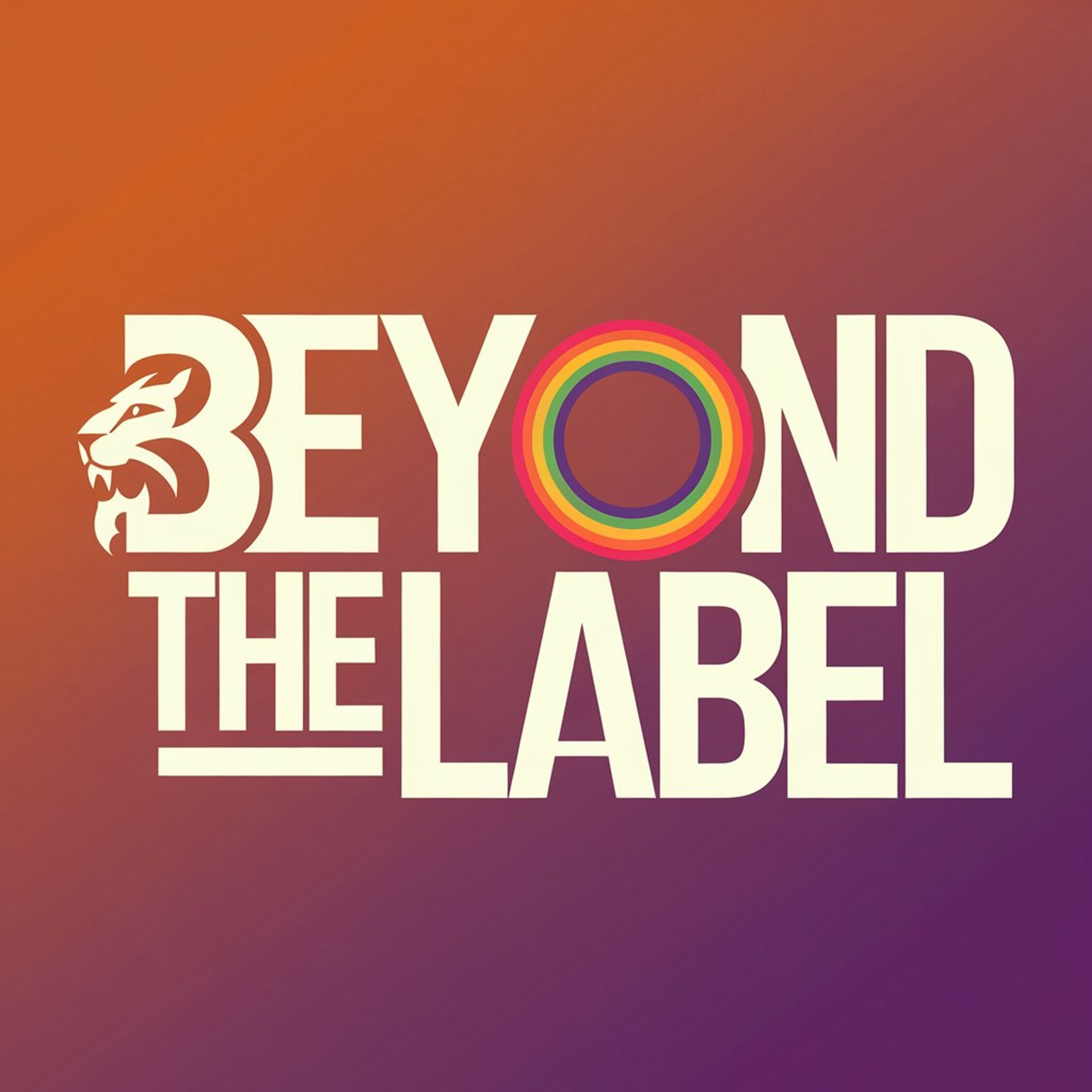Breaking the Silence on Stigma
This episode dives into the persistent stigma around mental health in disability communities, examining its impact, root causes, and the steps being taken to create change. Join Ruby and Eric as they explore real stories, advocacy efforts, and innovative solutions for a more inclusive future.
This show was created with Jellypod, the AI Podcast Studio. Create your own podcast with Jellypod today.
Get StartedIs this your podcast and want to remove this banner? Click here.
Chapter 1
Understanding the Double Stigma
Ruby Sturt
Hey everyone, welcome back to Beyond the Label. I'm Ruby, and as always, I'm joined by Eric. Today, we're diving into something that honestly doesn't get talked about enough—stigma around mental health in disability communities. It's like, double the stigma, right?
Eric Marquette
Absolutely, Ruby. It's a bit of a double whammy, isn't it? People with disabilities already face a lot of misconceptions, and then if you add mental health challenges on top, the prejudices just sort of stack up. It's not just one hurdle, it's a whole obstacle course.
Ruby Sturt
Yeah, and I think a lot of folks don't realise how isolating that can be. Like, not only are you dealing with the day-to-day stuff, but then there's this extra layer of, I dunno, people just not getting it. Or worse, judging you for it.
Eric Marquette
Exactly. And that isolation can be really tough. There's discrimination, sure, but also this sense that you can't even reach out for help because you might be seen as, well, even more 'different.' I read about a peer support group in the UK—actually, let me see if I remember the name, I think it was Mindful Connections or something like that. Anyway, they started sharing personal stories in their local community, and it really helped break down some of those barriers. People started to see the individuals, not just the labels.
Ruby Sturt
That's so good. Storytelling is powerful, hey? I mean, when you hear someone's actual experience, it just hits different. It's not just statistics or, like, a headline—it's real life. And it can make people rethink their assumptions, even if just a little bit.
Eric Marquette
Yeah, and it shows that support doesn't have to be complicated. Sometimes just having a space to talk, to be heard, can make a massive difference. But, of course, getting to that point—where people feel safe enough to share—isn't always easy when stigma is so deeply rooted.
Chapter 2
Roots of Stigma and the Role of Awareness
Ruby Sturt
Totally. And that kind of leads into, like, why is this stigma so sticky? I mean, it's not just one thing, right? There's all these cultural and societal ideas about what disability is, and then mental health gets layered on top. It's like, people just don't talk about it, or if they do, it's in whispers.
Eric Marquette
Yeah, and institutions can make it worse, honestly. Sometimes the way services are set up, or the language that's used, just reinforces those old stereotypes. And if people aren't educated about mental health, especially within disability communities, the misunderstandings just keep going.
Ruby Sturt
I remember my first year at uni, I went to this disability advocacy event—honestly, I just went for the free snacks, but I ended up staying for the stories. There was this speaker who talked about living with both a physical disability and depression, and it just, like, flipped a switch for me. I realised how much I didn't know, and how easy it is to make assumptions without even meaning to.
Eric Marquette
That's such a good point. Sometimes it's just a lack of awareness, not malice. But the impact is the same—people feel misunderstood, or worse, invisible. And if you don't see yourself represented, or you only hear negative stories, it can be really hard to reach out for help.
Ruby Sturt
Yeah, and I think that's why education and awareness are so important. Like, just having these conversations, even if they're a bit awkward or messy, is better than pretending the problem doesn't exist.
Chapter 3
Breaking Barriers: Advocacy and Solutions
Eric Marquette
Right, and that's where advocacy comes in. There are some really effective efforts out there—policy changes, inclusive practices, all aiming to reduce stigma and make mental health care more accessible. I mean, it's not perfect, but there are organisations leading the way. Peer support programs, for example, have been making a real difference, not just in the UK but globally.
Ruby Sturt
Yeah, and it's not always the big, flashy stuff that works. Sometimes it's just a local group, or even an online community, where people can share what they're going through without fear of judgement. That kind of acceptance is huge. I think of groups that focus on both disability and mental health, and how they create space for people to just be themselves, you know?
Eric Marquette
Absolutely. And it's about understanding, not just tolerance. When communities come together—whether it's through advocacy, education, or just listening—it chips away at those old stigmas. There's still a long way to go, but every bit helps.
Ruby Sturt
Yeah, and I guess that's what we're trying to do here, right? Just keep the conversation going, make it a bit less scary to talk about. If even one person feels less alone after listening, that's a win in my book.
Eric Marquette
Couldn't agree more, Ruby. And we'll definitely be digging into more of these topics in future episodes. For now, thanks for joining us on Beyond the Label.
Ruby Sturt
Thanks heaps for listening, everyone. Eric, always a pleasure chatting with you. We'll catch you next time!
Eric Marquette
Take care, Ruby. Bye everyone!
